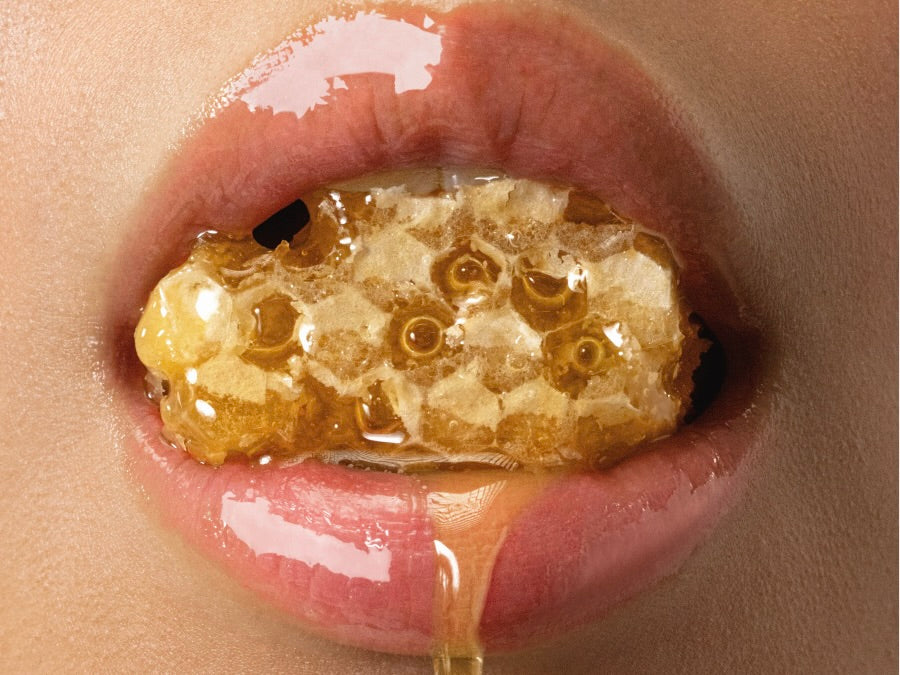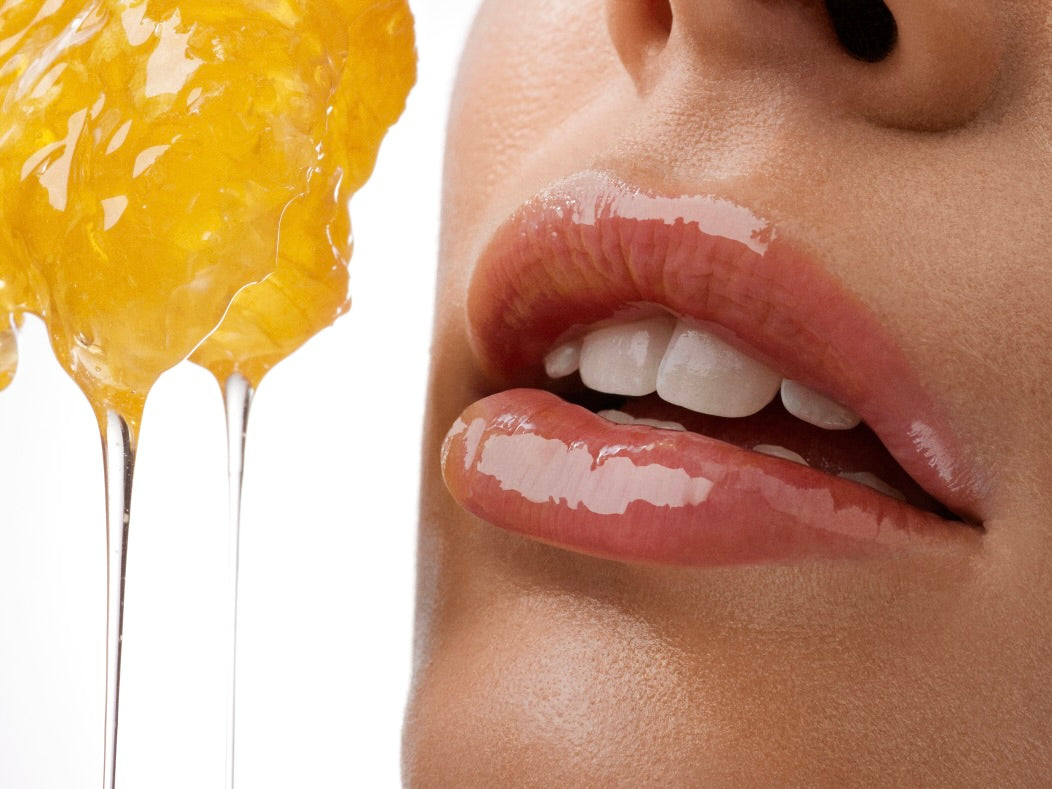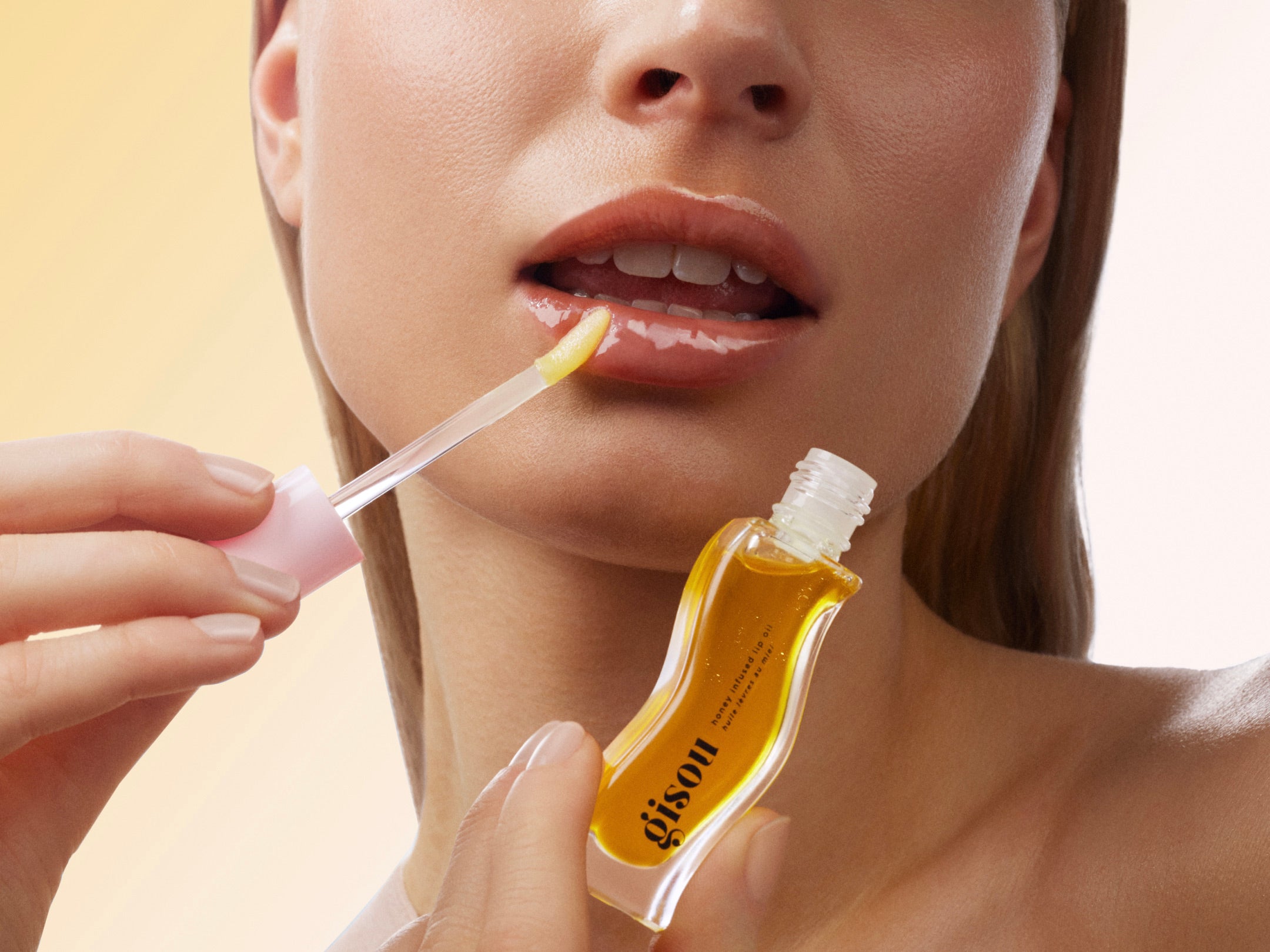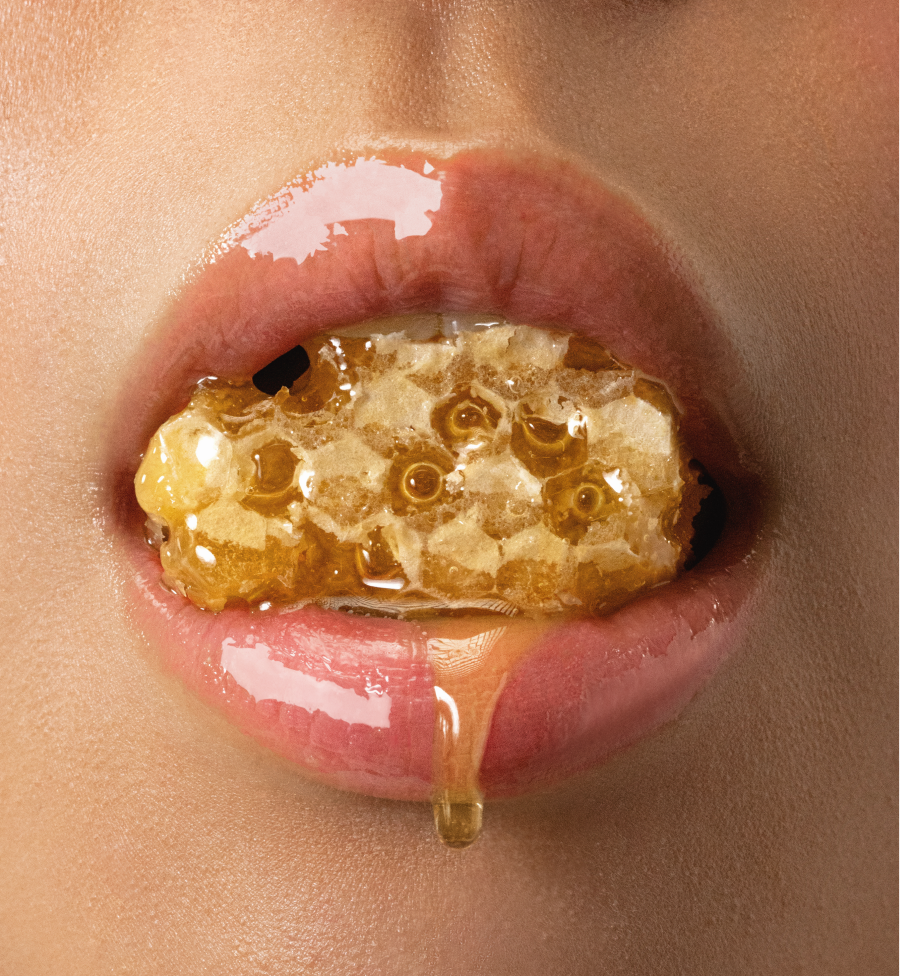Have you experienced discomfort around your lips and wondered whether it's a cold sore or chapped lips? It can be challenging to distinguish between the two, but understanding their causes, symptoms, and treatments can provide clarity and help you manage the condition.
In this article, we'll delve into the distinctions of cold sores and chapped lips and offer insights into their distinguishing features as well as practical tips for prevention and treatment.
 What's the Difference Between a Cold Sore vs. Chapped Lips?
What's the Difference Between a Cold Sore vs. Chapped Lips?
When comparing a cold sore or chapped lips, the primary difference lies in their cause and symptoms. A cold sore is a viral infection caused by the herpes simplex virus and is characterized by fluid-filled blisters around the lips.
Chapped lips are dry, cracked, and may feel tender, usually resulting from exposure to dry air, sunburn, or frequent licking of the lips.
What Is a Cold Sore?
Cold sores, also known as fever blisters, are caused by the herpes simplex virus (HSV-1). These blisters can be painful and may eventually crust over before healing.
Most cold sores originate around or on the lips, but can also be found on the cheeks or nose. Avoid picking or touching the sore as this can spread the virus to other people or additional parts of the body.
While cold sores clear up on their own, it may take a week or two. Taking antiviral medications can help with symptoms and shorten the length of an outbreak.
What Are Chapped Lips?
Chapped lips occur when the lips become dry, cracked, and irritated. This condition is often triggered by exposure to cold weather, dry air, wind, or excessive licking.
Some chapped lips can lead to inflammation and bleeding if not treated. Avoid licking them and use an appropriate lip balm to keep them hydrated for the best results.
Adding a humidifier to your indoor space helps to maintain moisture levels in the home. This can also make it less likely your lips become dry.
So, Is it a Cold Sore?
To determine whether it's a cold sore or chapped lips, consider the following symptoms:
Tingling, Itching, or Burning Sensation
One of the signs of a cold sore is the sensation that precedes it. Many report feeling a tingling, itching, or burning sensation around the mouth. This sensation is localized to where the cold sore will eventually form.
Blisters and Crusting
As a cold sore progresses, it manifests as small fluid-filled blisters around the lips. These blisters may appear singly or in clusters and can be painful. Over time, the blisters may rupture, releasing fluid and forming a crust over the area.
Pain and Discomfort
Cold sores can cause significant discomfort, ranging from mild to severe pain, especially during activities such as eating, drinking, or speaking. The presence of blisters and inflammation can make the affected area tender and sensitive.
Often Triggered by Illness or Stress
Cold sore outbreaks are often triggered by factors such as illness or stress. When the immune system is weakened due to illness or emotional stress, the herpes simplex virus (HSV-1) can become reactivated, leading to an outbreak.
Possible Flu-Like Symptoms
In some cases, cold sore outbreaks may be accompanied by flu-like symptoms such as fever, fatigue, and swollen lymph nodes. These symptoms typically occur during the initial stages of an outbreak and may subside as the cold sore heals.

Or, Is It Chapped Lips?
Consider the following to determine if the symptoms align more with chapped lips or a cold sore:
Dryness or Redness
Chapped lips often present with noticeable dryness and redness, especially along the borders of the lips. The skin may appear parched and lack moisture, leading to a rough or textured appearance. Redness may also accompany dryness.
Cracking or Bleeding
One of the defining characteristics of chapped lips is the presence of cracks or fissures in the skin, which can lead to bleeding. These fissures may be superficial or extend deeper into the layers of the lip tissue.
Flaking or Peeling
Chapped lips often exhibit flaking or peeling of the skin, particularly around the edges of the lips. This occurs as the dry, damaged skin begins to slough off, revealing newer, healthier skin underneath.
Soreness or Tenderness
Chapped lips can cause soreness and tenderness, making it uncomfortable to eat, drink, or speak. The skin may feel tender to the touch, especially in areas where cracks have formed.
Often Triggered by Exposure to Cold Weather or Dry Air
Chapped lips are frequently triggered by exposure to cold weather, dry air, wind, or low humidity levels. These environmental factors can lead to moisture loss from the lips, causing them to become dry, cracked, and irritated.
How to Prevent and Treat a Cold Sore
Prevention and early treatment are key when dealing with cold sores. Here are some tips:
Manage Your Stress
One effective way to prevent cold sore outbreaks is by managing stress levels. Incorporating stress-reduction techniques into your daily routine, such as meditation, deep breathing exercises, yoga, or regular physical activity, can help reduce stress and minimize the risk of outbreaks.
Over-the-Counter Creams and Ointments
There are several over-the-counter (OTC) creams and ointments available for the treatment of cold sores. These products typically contain antiviral agents that work to inhibit the replication of the herpes simplex virus (HSV) and reduce the duration and severity of cold sore symptoms.
When to Call Your Doctor
While most cold sores can be effectively managed at home with OTC treatments, there are certain circumstances where it may be necessary to seek medical attention. You should consider calling your doctor if:
- Your cold sore does not improve within a week or shows signs of worsening.
- You experience frequent or severe cold sore outbreaks.
- The cold sore is accompanied by other symptoms such as fever, headache, or swollen lymph nodes.
- The cold sore occurs near the eyes or inside the mouth.
- You have a weakened immune system due to underlying health conditions or medications.
Your doctor can provide personalized recommendations and may prescribe antiviral medications or other treatments to help manage your cold sore effectively. Additionally, they can offer guidance on preventive measures.

How to Prevent and Treat Chapped Lips
Preventing and treating chapped lips involves simple lifestyle changes and proper lip care.
Avoid Potential Irritants
Preventing chapped lips involves minimizing exposure to potential irritants that can exacerbate dryness and irritation. Avoid licking your lips excessively, as saliva can strip away natural oils.
Exfoliate Regularly
Regular exfoliation is key to removing dead skin cells and promoting healthy, smooth lips. Gentle exfoliation can help prevent the buildup of dry, flaky skin and encourage the regeneration of new skin cells.
Hydrate and Protect with Lip Oil
Hydrating and protecting your lips with quality lip oil can help prevent chapping and keep your lips soft and supple. Gisou's Honey Infused Lip Oil is an excellent choice for hydrating and nourishing chapped lips.
Final Thoughts
In conclusion, understanding the differences between a cold sore or chapped lips is essential for effective management and treatment. By recognizing the symptoms and triggers associated with each condition, you can take proactive steps to prevent outbreaks and alleviate discomfort.
Whether it's through stress management, proper lip care, or the use of quality products like Gisou's Honey Infused Lip Oil, you can maintain healthy, kissable lips year-round. Remember to consult your doctor if you have any concerns or if symptoms persist despite home remedies.
